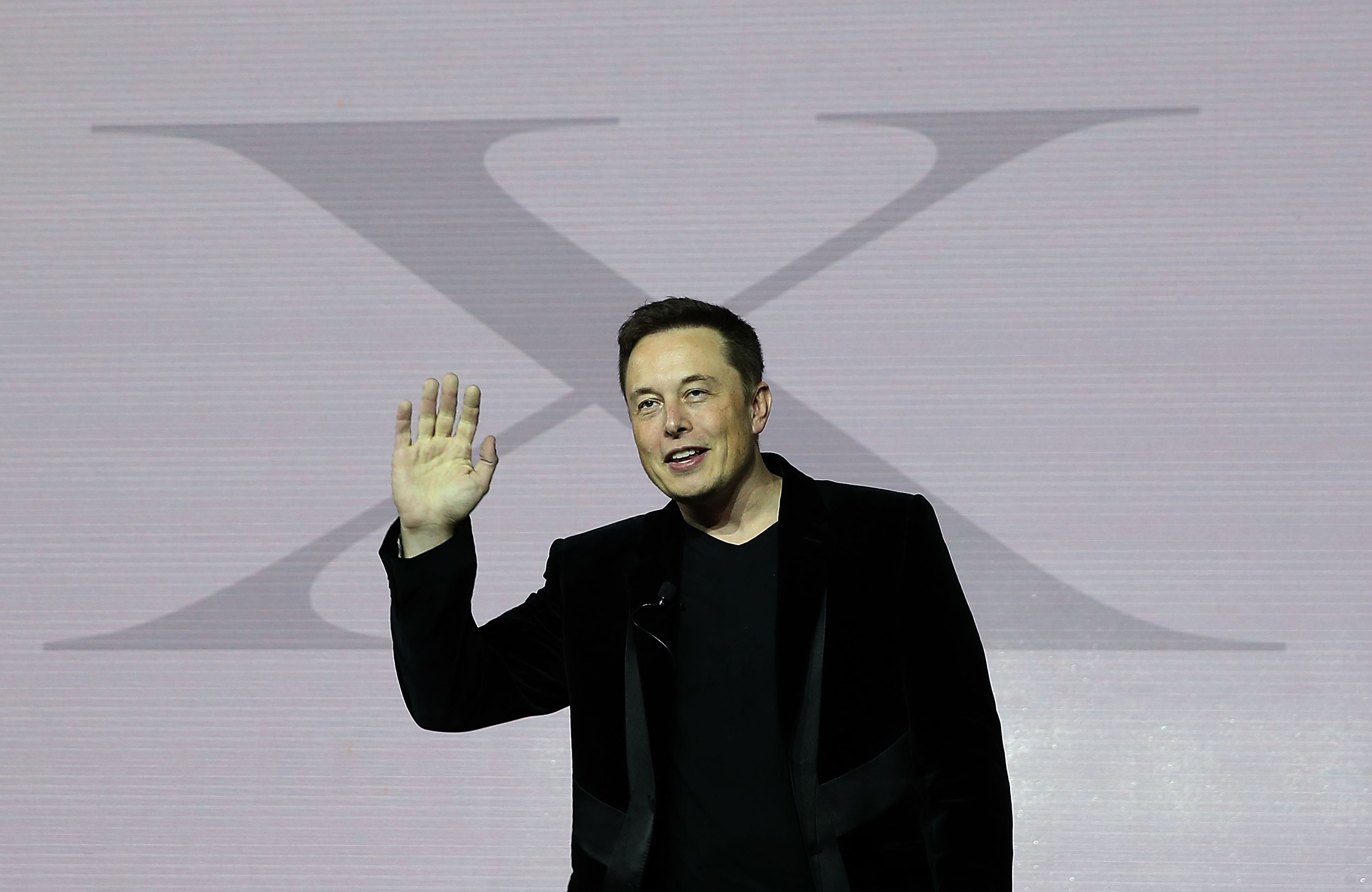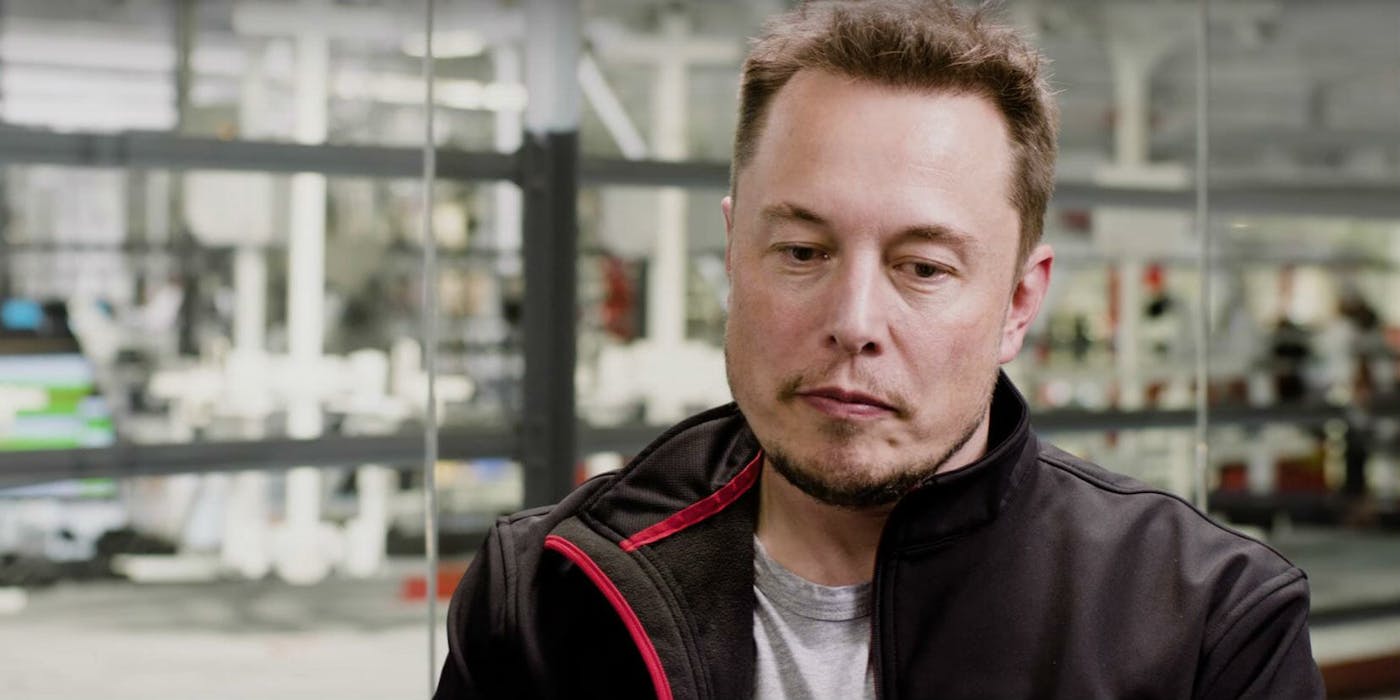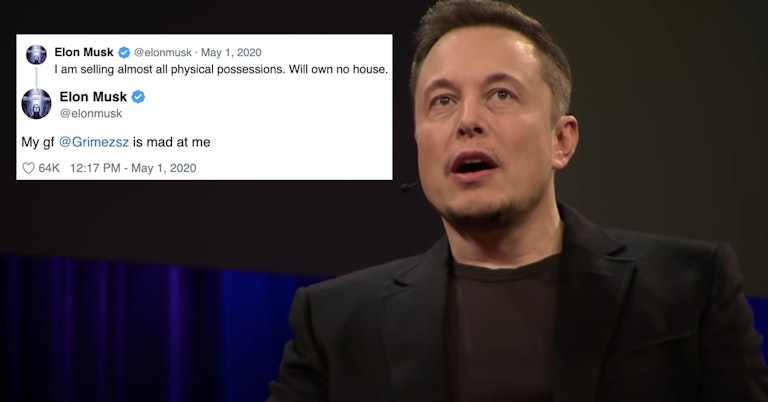Elon Musk’s Decision Costs Twitter Up to $20 Billion to Say Goodbye to the Bird Logo: Experts

Elon Musk’s Decision Costs Twitter Up to $20 Billion to Say Goodbye to the Bird Logo: Experts
Elon Musk’s unexpected announcement on Twitter to change the product name from “Twitter” to “X” and eliminate all associated words, including “tweet,” along with the removal of the bird logo, has sparked significant discussions and reactions. It is uncommon for corporate brands to become so deeply ingrained in everyday conversations that they turn into verbs, and even rarer for the owner of such a brand to deliberately decide to dismantle it.
As a result of Musk’s decision, the company’s value experienced a sharp decline, with estimates ranging from $4 billion to $20 billion in lost value, according to analysts and brand agencies. The impact of this move has been closely observed by both industry experts and the public, as Twitter has been a prominent social media platform with a recognizable and widely-known brand identity.
Elon Musk’s actions have raised questions and discussions about the influence and power that corporate leaders have over their brands and the potential consequences of such decisions. It remains to be seen how this move will unfold and how the platform’s users and stakeholders will respond to the radical changes to one of the most popular social media platforms in the world.

Steve Susi, the director of brand communication at Siegel & Gale, emphasized the financial impact of Elon Musk’s decision to change Twitter’s brand name. According to Susi, it took over 15 years for Twitter to build its brand equity worldwide, and losing the well-established brand name represents a significant financial setback.
Elon Musk’s move to rename the platform as “X” and introduce a new black “X” logo, designed by a fan, has already sparked changes across the site within a short period. Musk’s company has seen a notable decline in value since he acquired it for $44 billion in October. With the introduction of the new branding, the company is signaling a shift in its vision under the leadership of new CEO Linda Yaccarino.
The decision by Elon Musk to rename Twitter “X” has been met with criticism from analysts and brand agencies, who view it as a mistake. Twitter is widely recognized as one of the most prominent social media brands globally, and its bird logo has become a ubiquitous symbol, adorning small businesses and websites around the world, alongside other well-known logos like Instagram and Facebook.
Twitter’s popularity has also ingrained verbs like “tweet” and “retweet” into modern culture. These terms are regularly used to describe how celebrities, politicians, and other individuals communicate with the public on the platform. The widespread adoption of these terms demonstrates the significant cultural impact and influence Twitter has had on communication in the digital age.
By changing the name and eliminating associated terms like “tweet,” the platform risks losing the strong brand identity it has built over the years and potentially confusing users who are accustomed to the established terminology.
Critics argue that Twitter’s established brand recognition and cultural impact should be preserved and leveraged to continue its growth and relevance in the social media landscape, rather than undergoing a drastic rebranding that could lead to brand confusion and potential loss of value.
The decision to rename Twitter as “X” presents a unique challenge for the company as it will require rebuilding the cultural significance and linguistic consensus associated with the previous brand name. However, this radical change may be motivated by the desire to redefine the platform and shed comparisons to its previous identity post-takeover. The new CEO, Linda Yaccarino, expressed the opportunity to make a fresh and impactful impression with the new branding.
In recent years, other tech companies have undergone similar name changes for strategic reasons. Google transformed into Alphabet Inc. to allow its diverse businesses to grow independently from its core search business. Facebook rebranded as Meta Platforms Inc. to emphasize its commitment to the metaverse. However, the product names remained unchanged, allowing users to continue using recognizable brand names for those platforms.

The brand value of Twitter is estimated at around $4 billion by Brand Finance, whereas Facebook’s brand is valued at $59 billion and Instagram’s at $47.4 billion. Vanderbilt University estimates Twitter’s brand value to be between $15 billion to $20 billion, which is comparable to Snapchat.
Determining brand valuation is indeed a complex task, and different approaches can lead to varying estimates. According to Dipanjan Chatterjee, an analyst with Forrester Research Inc., the difficulty in ascertaining brand value is why estimates differ among analysts and agencies. However, many of them agree that Twitter’s brand has suffered a significant decline since Elon Musk’s takeover. Brand Finance, for example, estimates that the Twitter brand has lost 32% of its value since the previous year.
The change in perception of Twitter’s brand has had adverse effects on the platform’s advertising revenue. Advertisers have become wary due to Musk’s controversial statements and his association with users who have violated content rules. Consequently, advertising revenue at Twitter has declined by over 50% since Musk’s acquisition in October.
Jasmine Enberg, an analyst with Insider Intelligence, highlights that Twitter’s corporate brand is now deeply intertwined with Musk’s brand, regardless of the name change to “X.” As a result, much of Twitter’s established brand equity has already eroded among both users and advertisers. This suggests that rebuilding the platform’s brand value will be a significant challenge, requiring careful navigation and strategic efforts to regain user trust and advertiser confidence.

Allen Adamson, co-founder of the marketing and brand consulting group Metaforce, believes that Musk’s decision to change Twitter’s brand name and logo is entirely irrational from a business and brand perspective. He sees it as an “ego decision” on Musk’s part and predicts that it may go down in history as one of the fastest unwindings of a business and brand.
The shift to incorporate banking and payments into the platform under the new name “X” carries risks, as it will require gaining customer trust, which may be challenging with a brand-new product name. Many customers outside of Musk’s core fan base might struggle to trust “X” for financial transactions.
However, one factor that could work in Musk’s favor is his brand, often referred to as “The Elon Brand.” According to Todd Irwin, founder of brand agency Fazer, Musk’s brand might be more influential and powerful than the Twitter brand itself.

It remains to be seen how Musk’s vision for “X” as a site for audio, video, messaging, payments, and banking unfolds and whether his brand can overcome the challenges posed by the radical rebranding of the social media giant.




